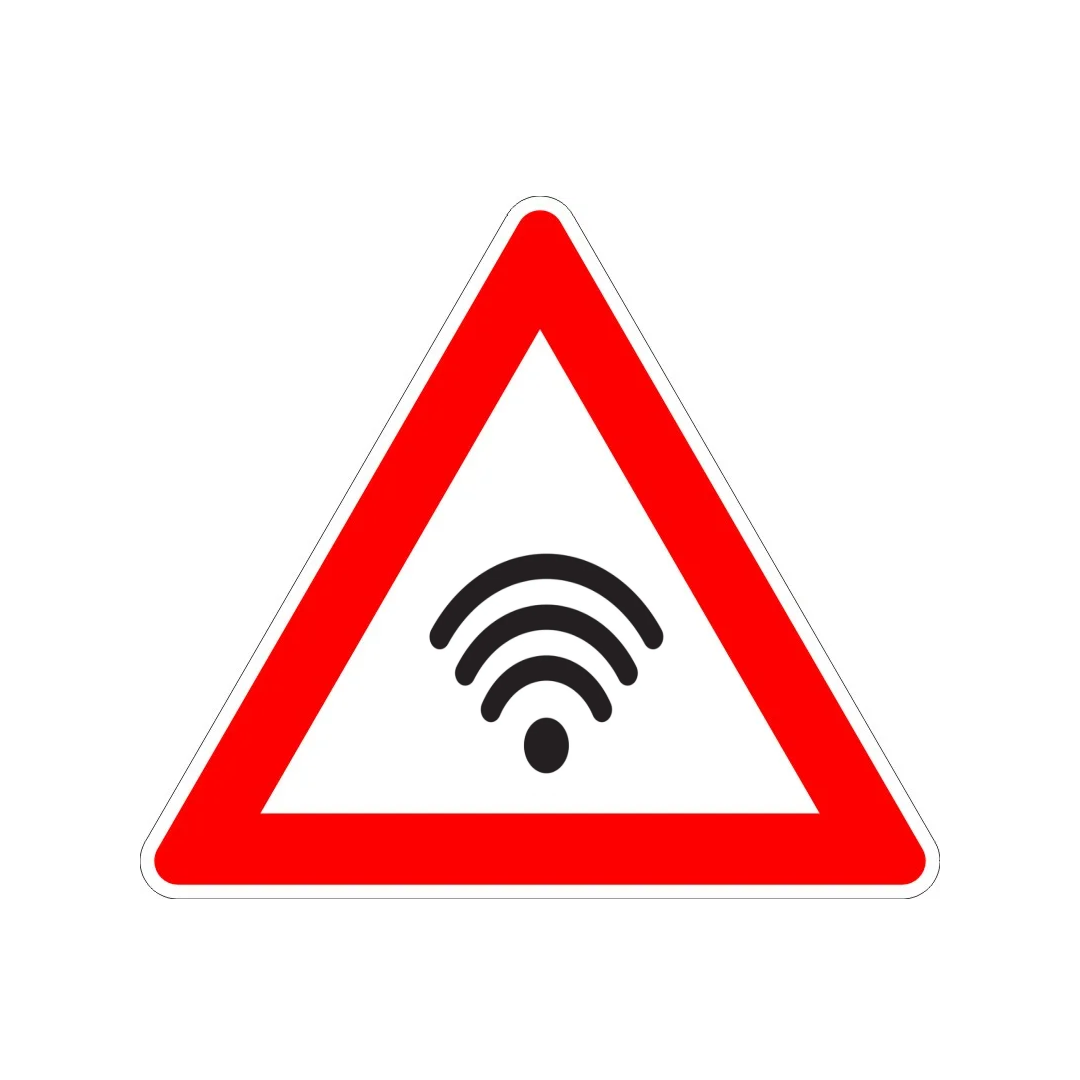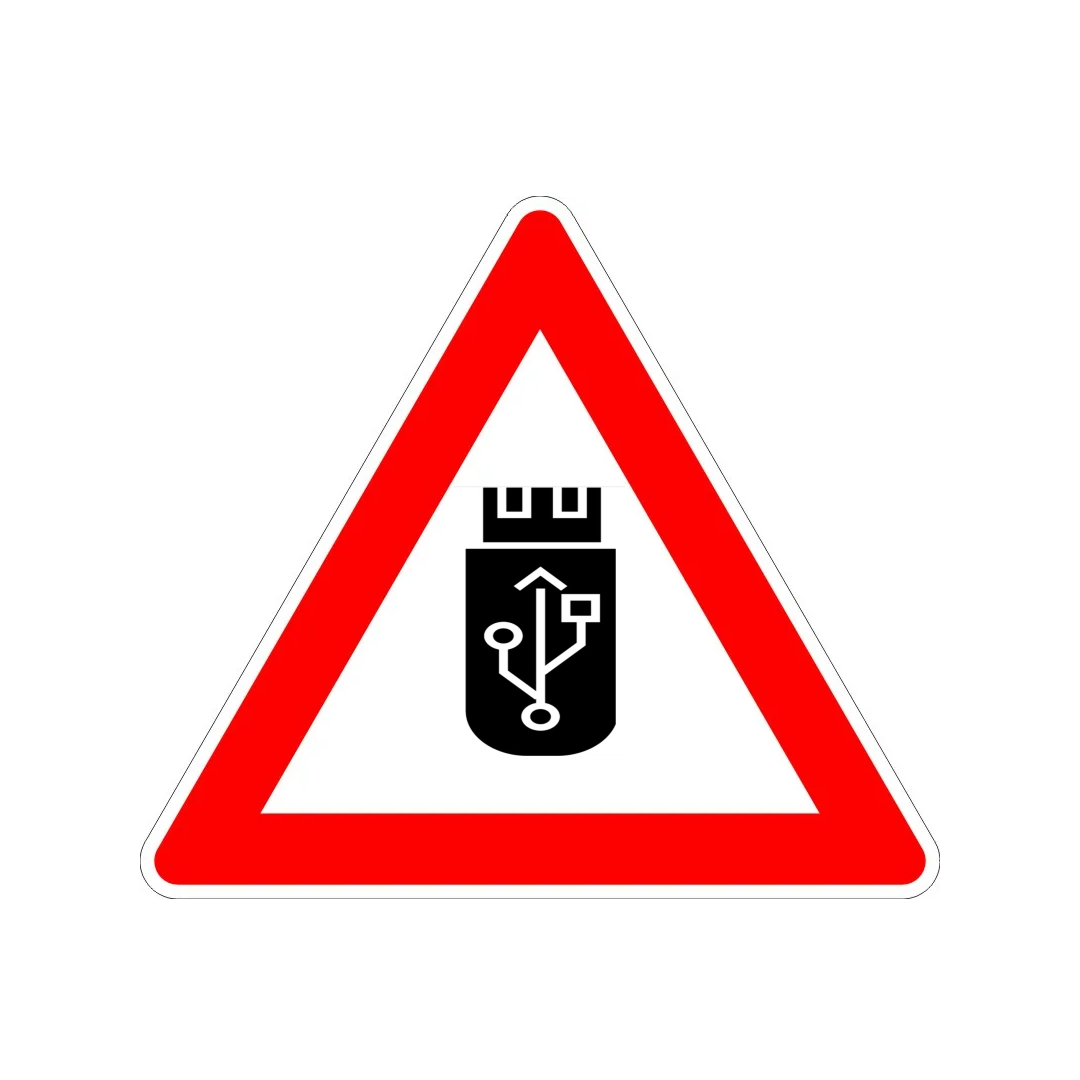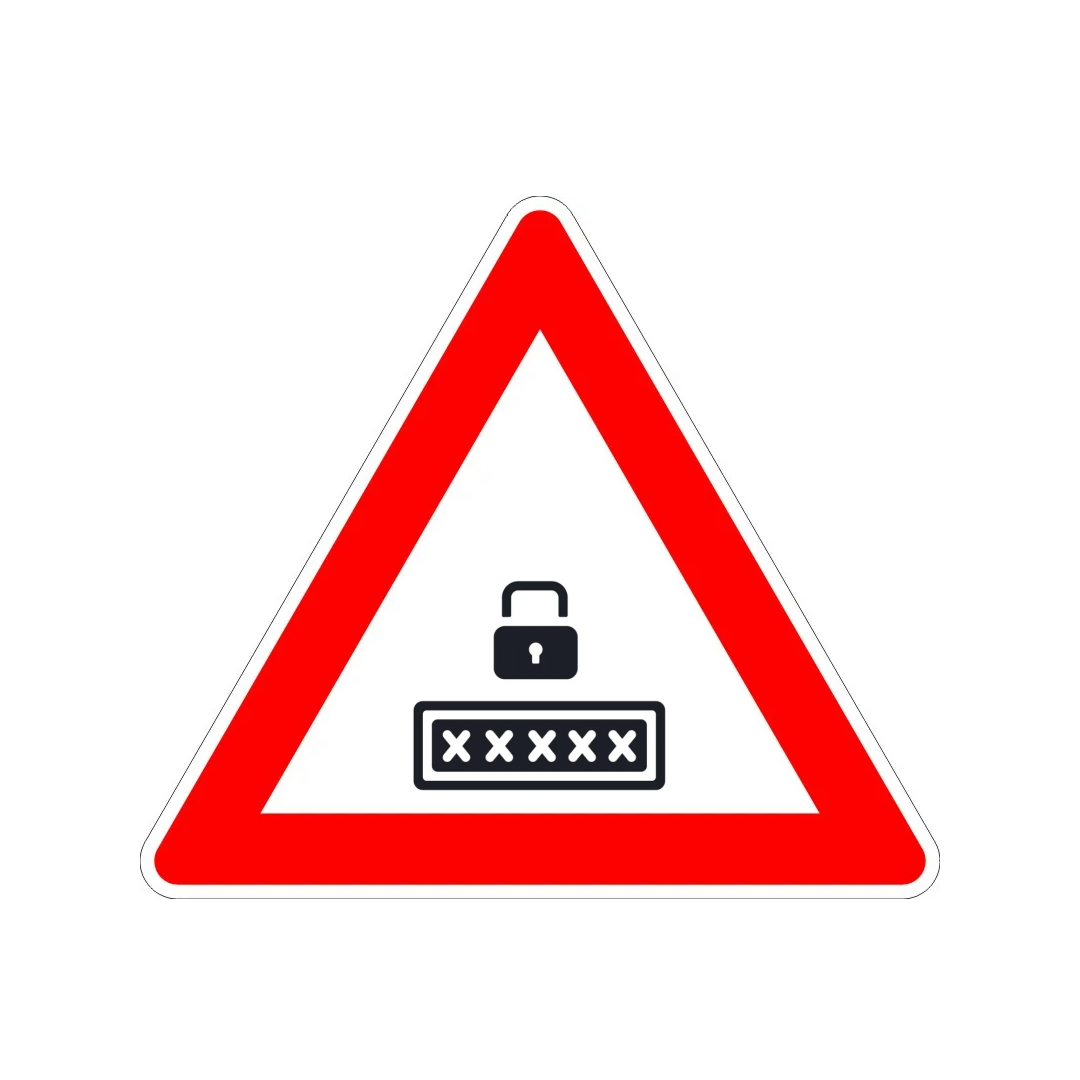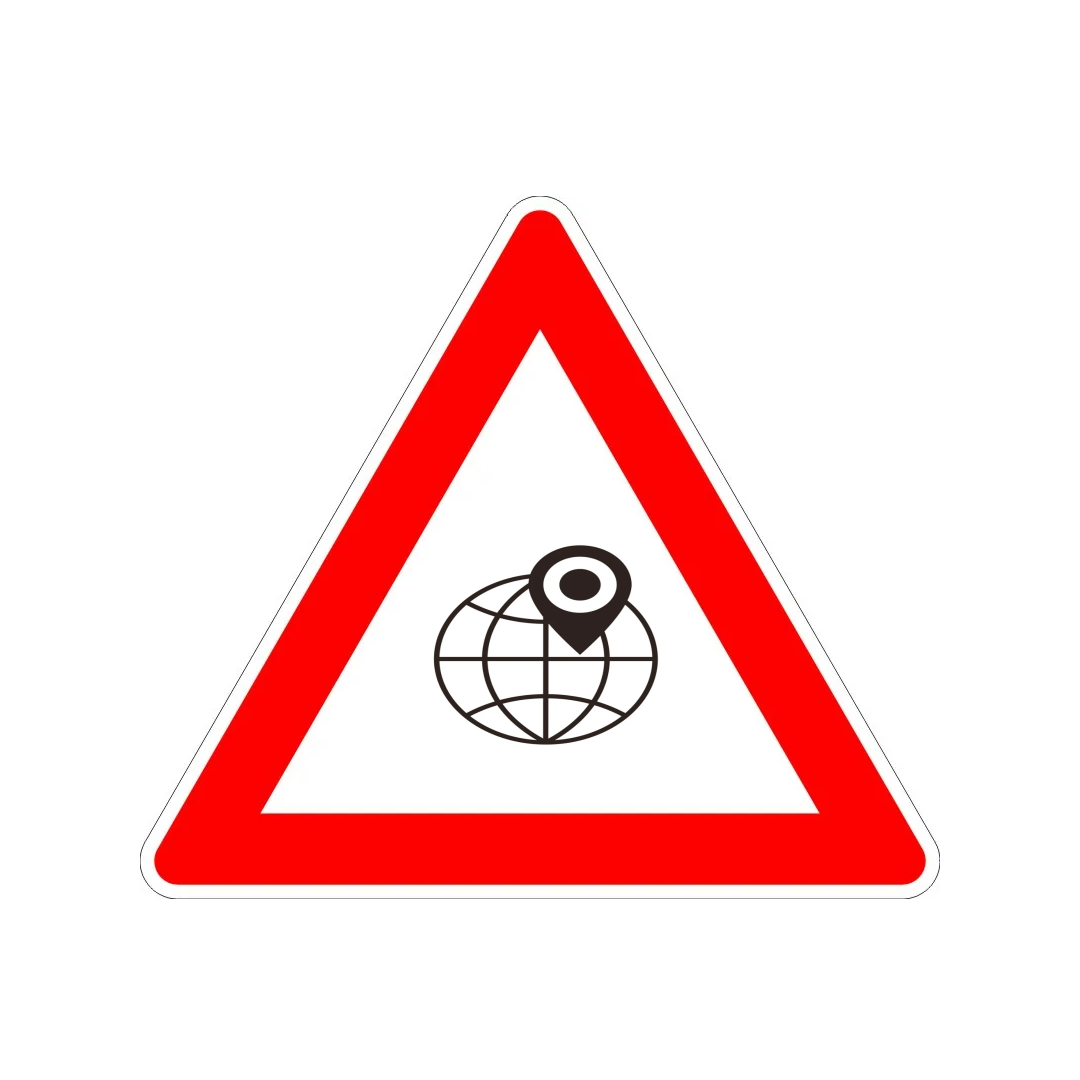Year of Cyber - WiFi

WiFi – who are you connecting with?
This is the second in the Year of Cyber articles to help you use cyberspace safely at work and at home. This month we look at WiFi – wireless networks that let you stay connected wherever you are.
A few simple points to remember:
1. Take care when using WiFi hotspots. Make sure that you are connecting to the hotspot you expect.
2. Avoid entering sensitive information on public WiFi, and only do so if you’re on a secure website.
3. Make sure that your personal WiFi network has password protection enabled.
What is WiFi?
WiFi (also spelt as Wi-Fi or Wifi) allows computers, smartphones, and other devices to connect to the Internet or communicate with one another wirelessly. It is increasingly common in homes and public places (wireless hotspots). All of this is good to help you stay connected, and to be free to keep in touch, access services or work in different locations – this will become increasingly important as we embrace new ways of working. But WiFi does have some specific risks you should be aware of.
What is the Risk?
The biggest issue with WiFi is confidentiality – if the WiFi network isn’t encrypted then others using the network can see whatever you are doing online – this includes the capture and copying of your passwords and sensitive information. Public WiFi hotspots are often not encrypted, and it is not always easy to tell who they belong to hacking into them can be child’s play, as recently demonstrated by a 7-year-old. In public places WiFi hotspots can be spoofed, so that you may inadvertently connect to a bogus network (an “evil twin”) which masquerades as a legitimate one. Such networks are used to capture your data or direct you to fraudulent websites and may have a very slight difference in name to the access point you are expecting. If you suspect you may have connected to a spoof network, you should remove this from your saved networks to reduce the chance of connecting to it again. Remember, it is good practice to avoid entering personal or other sensitive information into websites unless they are secure (address shows “https:” rather than “http:”).
Always be careful that you are not overlooked. Organisational information should not be accessed or processed in a public place using a WiFi hotspot. However, you can work on information in your home or hotel room. Any breach of confidentiality could provide adversaries with enough information to launch an attack on organisational networks. In a worst case this could have serious consequences resulting in loss of capability.
At home, it’s also important to keep your WiFi connection secure, to prevent unauthorised access to your network. If you don’t, unauthorised users may be able to access your information, take up your bandwidth and download allowance, or use your system to hide criminal activities. So, make sure you enable password protection and if possible, change the password. Get Safe Online and the Information Commissioner’s Office (ICO) have more in-depth information.
Check that your smartphone or tablet isn’t set to connect automatically to available open WiFi networks – this will help prevent you connecting to unsafe networks, and you’ll save battery life as well!
Sanctions
Appropriate action is taken on any security breaches, and we are all responsible for maintaining the security of our working environment, including an organisation’s networks and systems. But there may also be serious consequences for you if you don’t secure your home WiFi. There have been instances of paedophiles using neighbours’ unsecured WiFi to cover their tracks – which have resulted in innocent people being investigated by the police.
Reporting
The advice in this article underscores the necessity of consulting cyber security experts, such as Cybercentry, for addressing any cyber security incidents in both personal and professional contexts. Reporting concerns promptly to the relevant authorities is crucial for a swift response and safeguarding against potential threats.
Share











